Best Actor of the Decade List
(For optimum viewing, adjust the zoom level of your browser to 125%.)
Last Updated: 5/8/25
Note:
It's simple and straightforward: the best actor of the decade in cinema history.
It will be for each decade from the 1920's through 1990's. Miniseries and telefilms are fair game, but documentaries
are excluded. Because of the directors, their films have shown brilliance in most, if not all, aspects: acting,
characters, screenplay, plot, direction, editing, cinematography, and so on. They must also be "culturally,
historically, or aesthetically significant." Then, I think about cultural phenomenon, uniqueness, famous movie
moments, iconic scenes and/or lines, cinematic power, and timelessness.
While selecting the actors, I am simultaneously thinking about quality, consistency, and variety by only looking
at a collection of films for that decade.
1920's: Lon Chaney
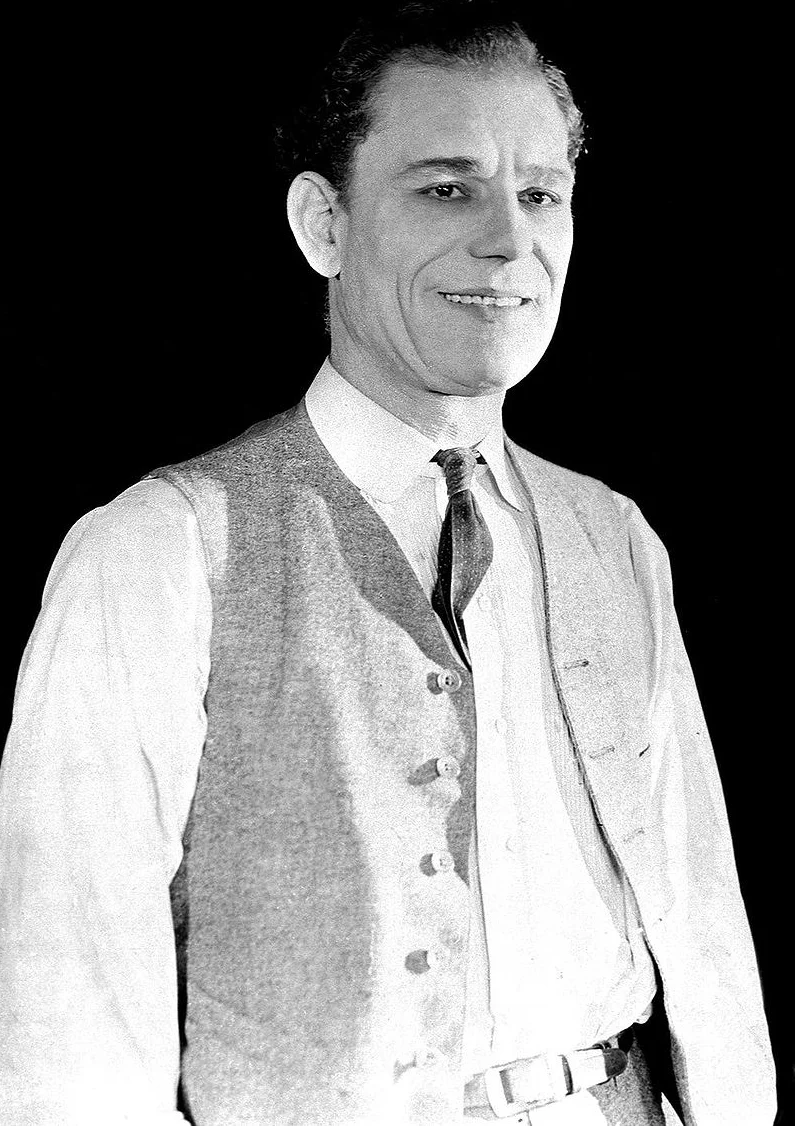
Prime Years: 1923 and 1925
Masterpiece: The Hunchback of Notre Dame (1923) and The Phantom of the Opera (1925)
Outstanding: None
Honorable: None
Opinion: Born to deaf parents, Lon Chaney was nicknamed "The Man of a Thousand Faces" for his make-up ability.
A joke back then was: "Don't step on it; it might be Lon Chaney!" Having played different characters in silent
films, he refused to reveal his true face and was at his scariest best in The Phantom of the Opera.
Unfortunately, about 65% of his 157 films are lost while the remaining are badly decomposed.
1930's: Paul Muni
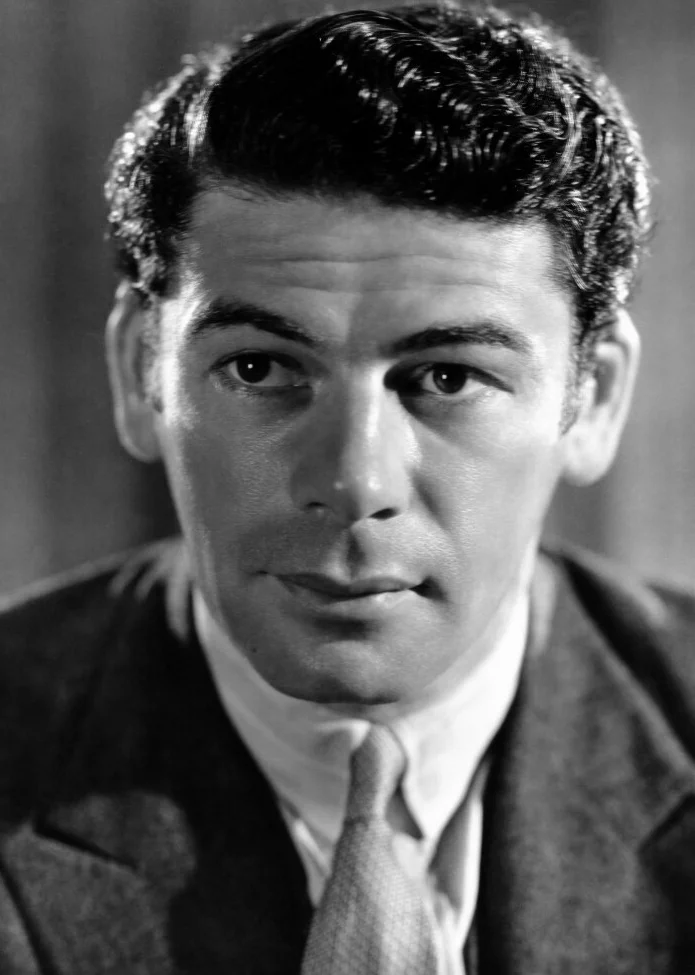
Prime Years: 1932 and 1936-37
Masterpiece: Scarface (1932), I Am a Fugitive from a Chain Gang (1932),
The Story of Louis Pasteur (1936), and The Life of Emile Zola (1937)
Outstanding: None
Honorable: The Good Earth (1937)
Opinion: The Daniel Day-Lewis of his time, Paul Muni was so good that he could transform into any character
at any age of any nationality, and you'll never know it's Paul Muni. Marlon Brando was famously dismissive of actors
but spoke highly of him, so highly that he called him his favorite. Even Al Pacino had this to say:
"I was inspired by Muni. I wanted to imitate him. I wanted to be him."
1940's: Humphrey Bogart
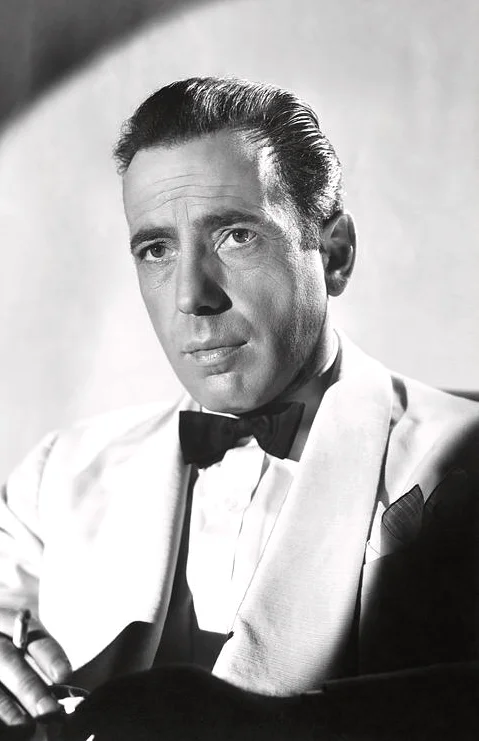
Prime Years: 1940-44 and 1946-48
Masterpiece: The Maltese Falcon (1941) and Casablanca (1942)
Outstanding: To Have and Have Not (1944)
Honorable: The Big Sleep (1946)
Opinion: A legend in film noir, Humphrey Bogart toiled in supporting roles for over a decade before
coming into prominence during the 40's. Because of The Maltese Falcon and Casablanca, he made film
history by tough-talking his way through dicey situations with a take-charge attitude. Humphrey Bogart had great
writers working in his favor, giving him the most memorable lines of anybody's career.
1950's: Marlon Brando
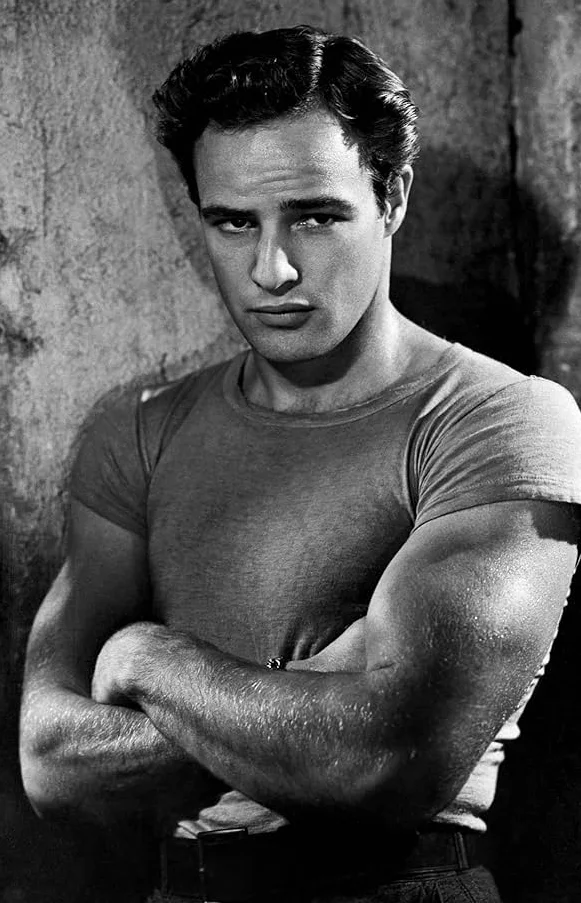
Prime Years: 1951-54
Masterpiece: A Streetcar Named Desire (1951) and On the Waterfront (1954)
Outstanding: The Wild One (1953)
Honorable: None
Opinion: The most influential thespian of all time, Marlon Brando effected a landmark change in acting
technique which would be called The Method. As a result, at least two generations of thespians emerged on screen.
It's impossible to look past the animal magnetism he radiated as Stanley Kowalski in
A Streetcar Named Desire. Then, he set several trends as Johnny Strabler in The Wild One. When
Brando did On the Waterfront, he didn't play Terry Malloy; he became him, making the taxicab scene
unforgettable.
1960's: Richard Burton
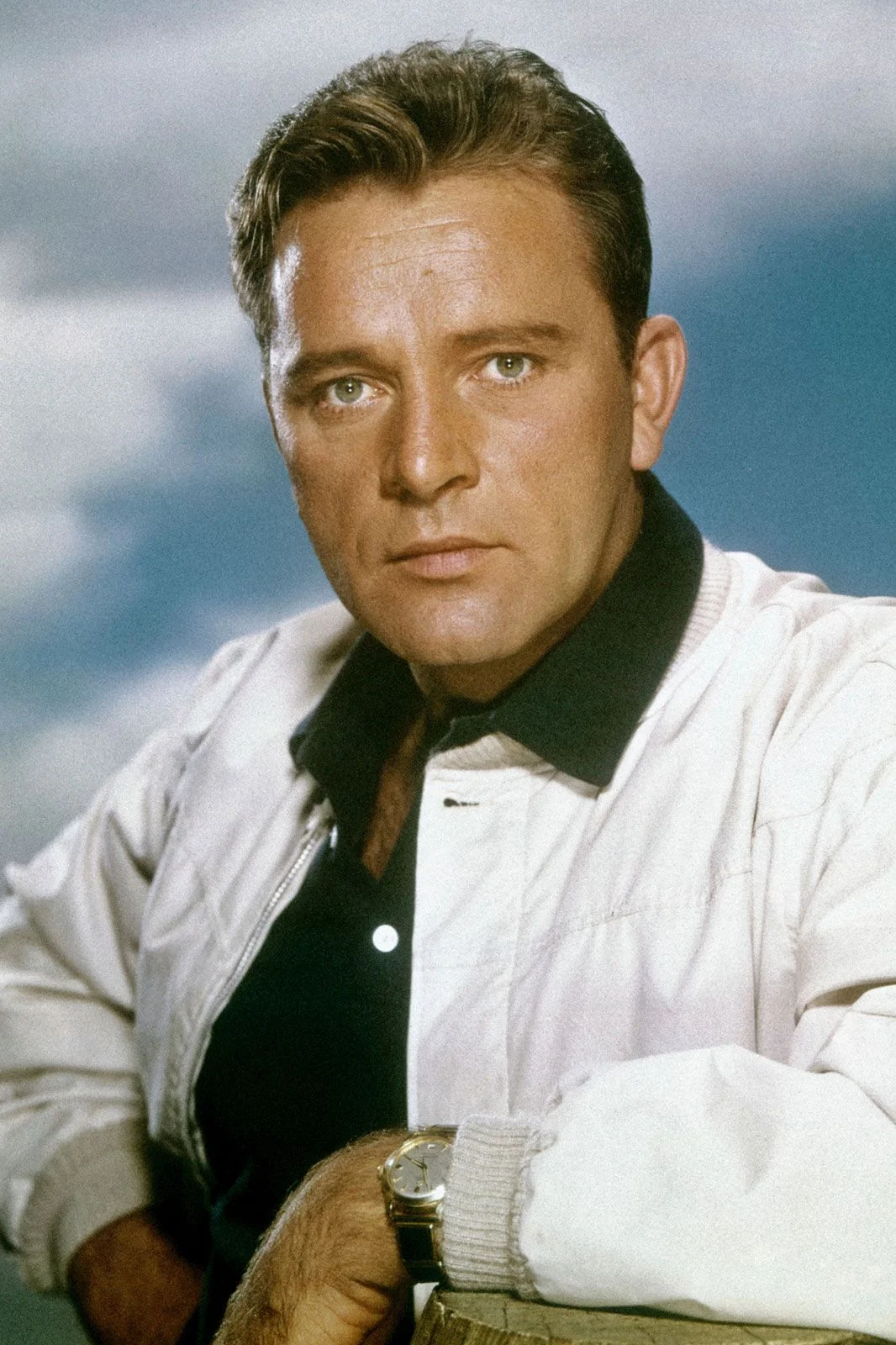
Prime Years: 1963-66, 1968, and 1969
Masterpiece: The Spy Who Came in from the Cold (1965) and Who's Afraid of Virginia Woolf? (1966)
Outstanding: Anne of the Thousand Days (1969)
Honorable: The V.I.P.s (1963), The Sandpiper (1965), and Where Eagles Dare (1968)
Opinion: The greatest actor to come out of Wales, Richard Burton had a powerful voice, fiery eyes, and a
hypnotic presence. His marriage with Elizabeth Taylor is the stuff of Hollywood legends. He made her a better
actress, and as a result, they starred in memorable films such The V.I.P.s and The Sandpiper. It's
not until Who's Afraid of Virginia Woolf? that hit the zenith of their acting collaboration. Unfairly shut
out of seven Oscar nominations, Richard Burton was brilliant in The Spy Who Came in from the Cold.
1970's: Al Pacino
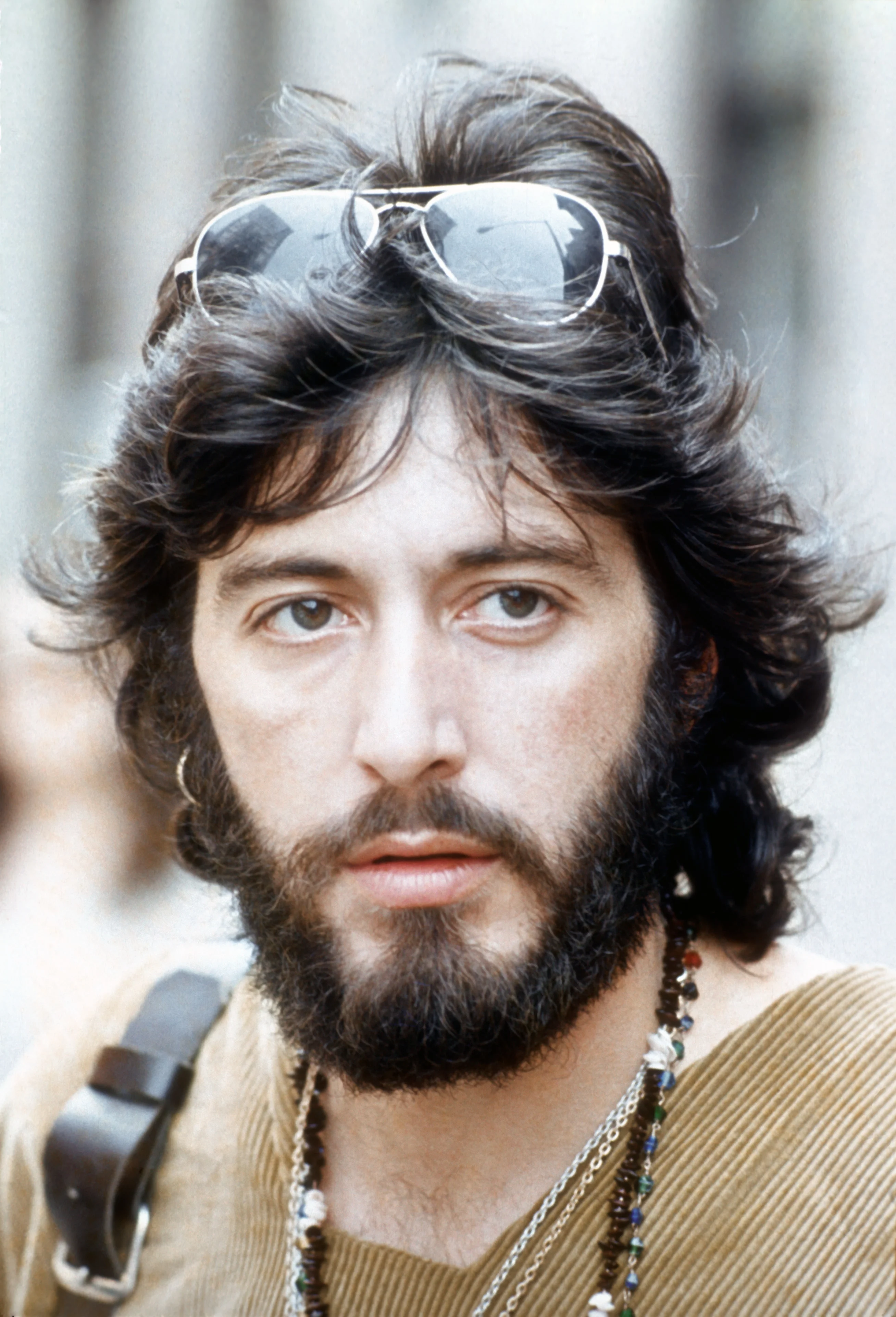
Prime Years: 1971-75 and 1979
Masterpiece: The Godfather (1972), Serpico (1973), Dog Day Afternoon (1975),
and ...And Justice for All (1979)
Outstanding: The Godfather Part II (1974)
Honorable: The Panic in Needle Park (1971) and Scarecrow (1973)
Opinion: Al Pacino had tough competition coming from the likes of Jack Nicholson and Dustin Hoffman during
the 70's, but he got the nod for doing more important films. It all started with The Godfather. Al Pacino
would make something out of nothing in the following
films: The Panic in Needle Park, Scarecrow, Serpico, Dog Day Afternoon, and
...And Justice for All. He's been brilliant and different each time.
1980's: Robert De Niro
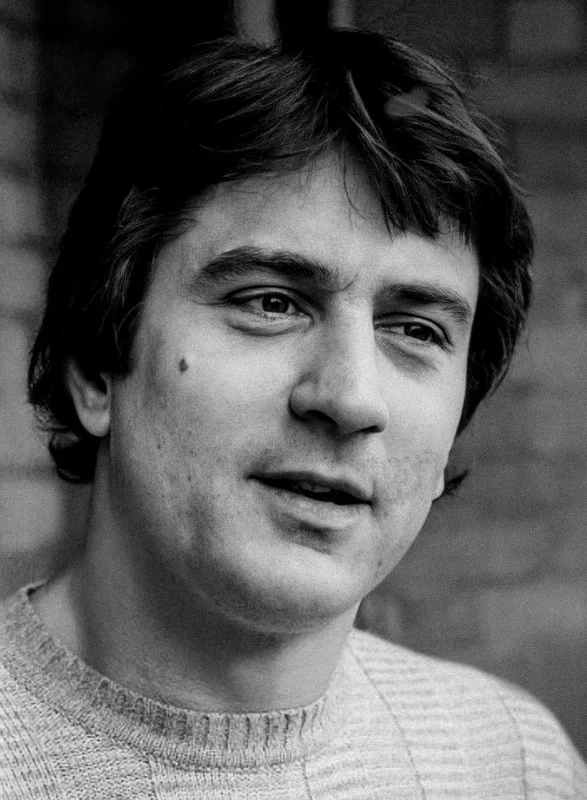
Prime Years: 1980-82 and 1986-89
Masterpiece: Raging Bull (1980)
Outstanding: The King of Comedy (1982) and The Untouchables (1987)
Honorable: The Mission (1986) and Midnight Run (1988)
Opinion: The 80's is a tough decade when it comes to choosing the best actor because of Mickey Rourke,
James Woods, Tom Cruise, and Morgan Freeman, but it'll be Robert De Niro, thanks to Raging Bull. His
transformation as Jake LaMotta is something else. Again, De Niro was special when he did The King of Comedy,
an underrated Scorsese classic that showed shades of Taxi Driver. Not to miss is when he played Al Capone
in The Untouchables and had a famous scene with the baseball bat.
1990's: Morgan Freeman
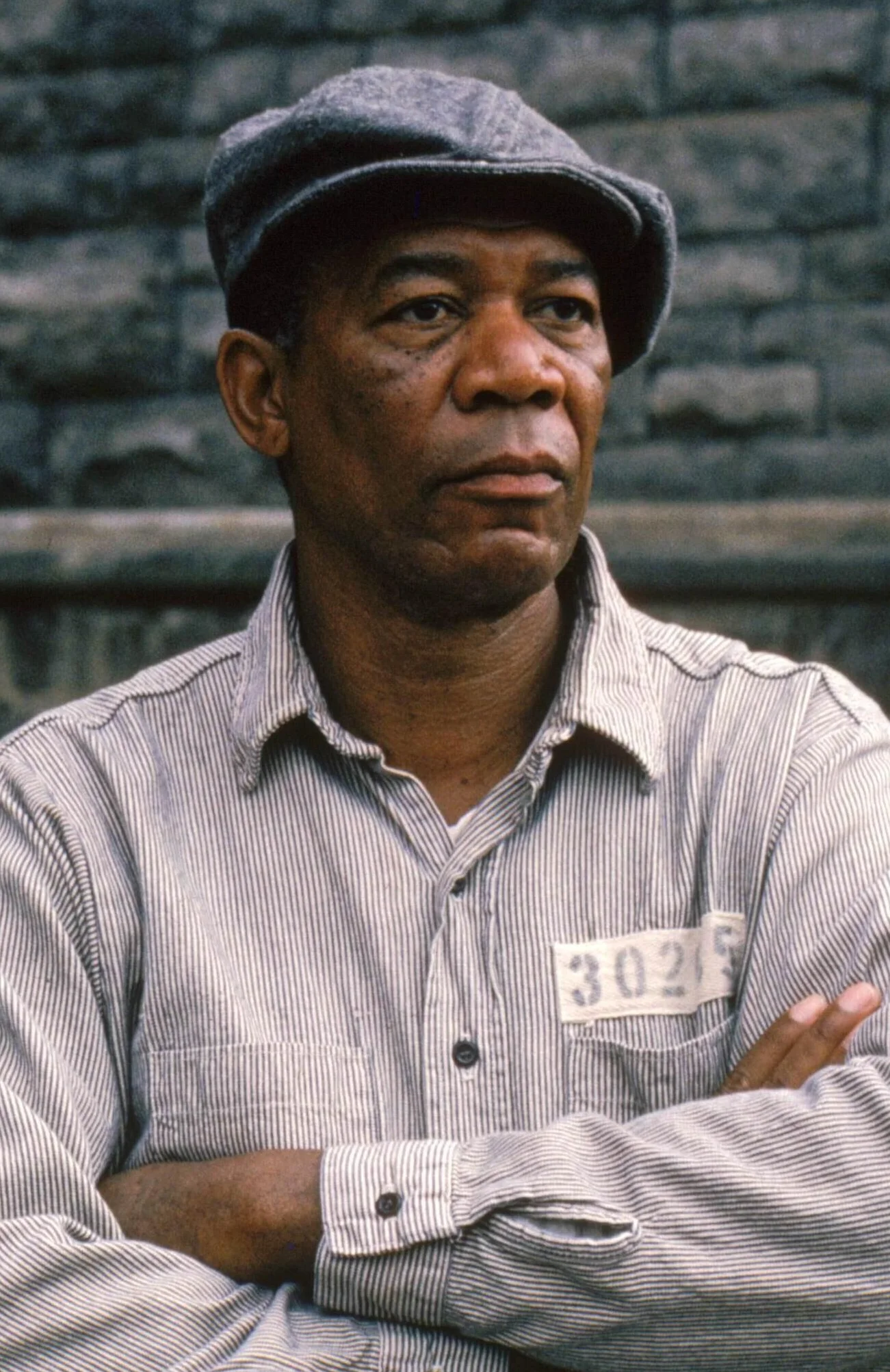
Prime Years: 1991-92 and 1994-95
Masterpiece: The Shawshank Redemption (1994)
Outstanding: None
Honorable: Robin Hood: Prince of Thieves (1991), Unforgiven (1992), Seven (1995),
and Moll Flanders (1996)
Opinion: The greatest sidekick anyone can have, Morgan Freeman pays homage to Walter Brennan. As a result,
he was involved with two best pictures of all time: The Shawshank Redemption and Unforgiven.
Not getting his due during the late 80's and most of the 90's, Morgan Freeman would be rewarded with Best
Supporting Actor Oscar in 2005 for Million Dollar Baby. He's been underrated most of his career.